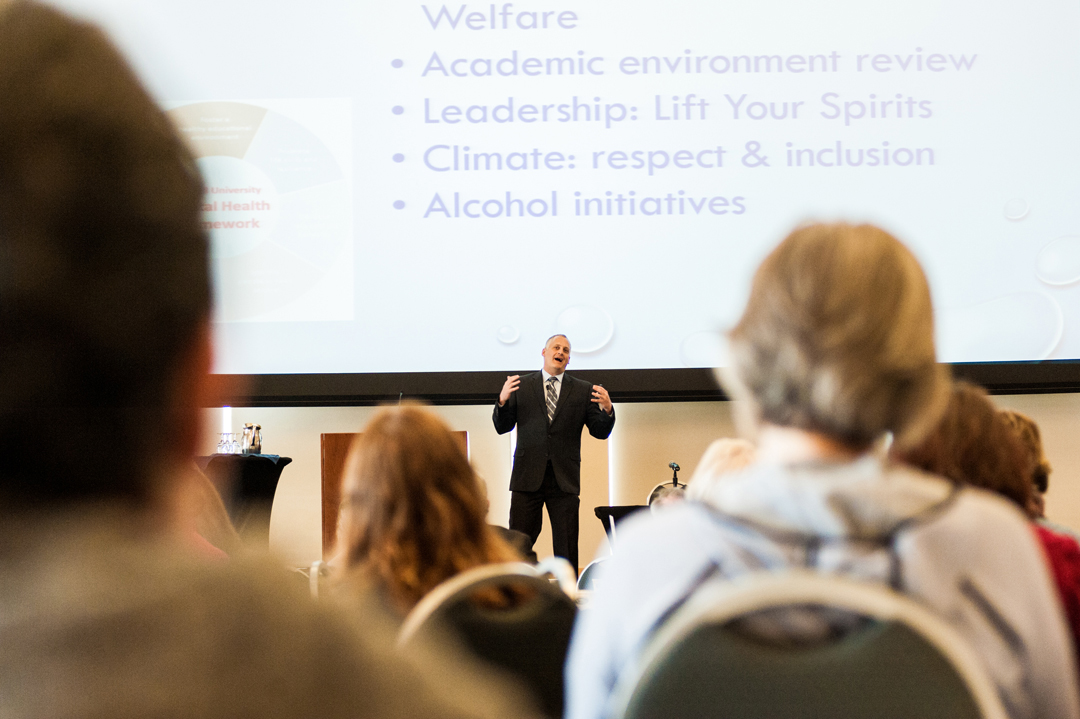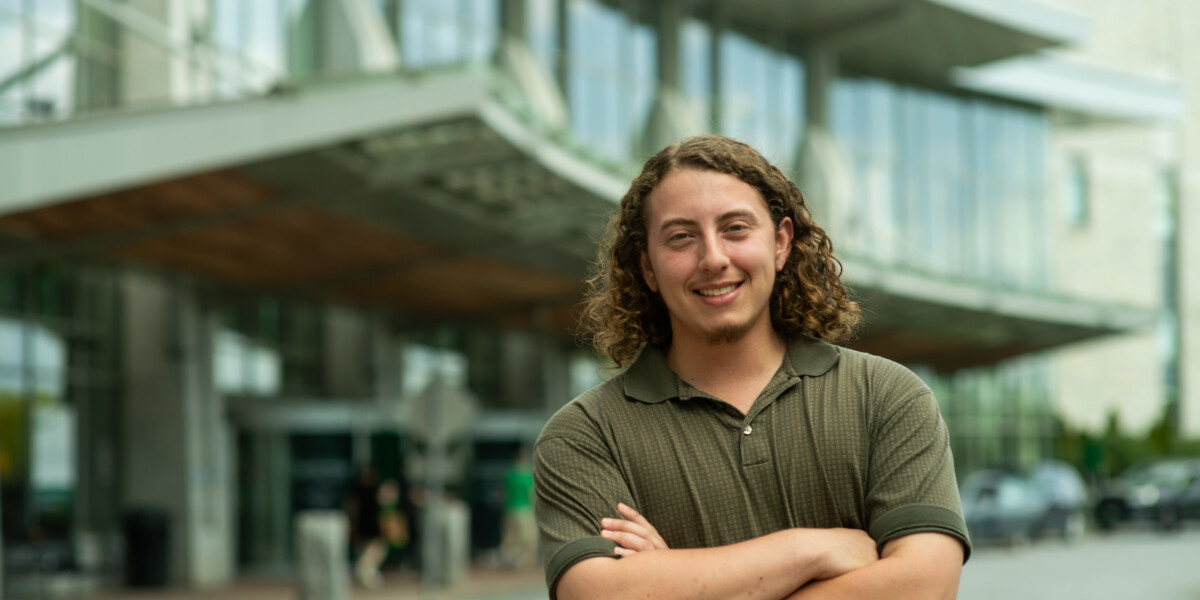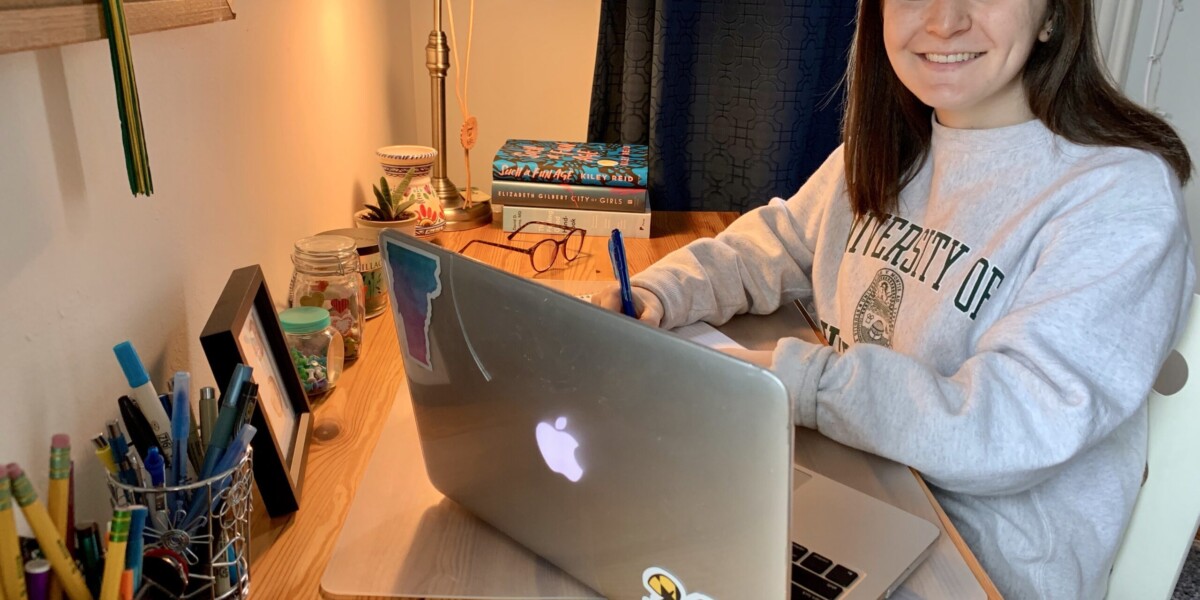By Jon Reidel
Despite a proliferation in health-related services for an increasing number of students experiencing anxiety, depression, stress and other mental health issues, it can be small acts of kindness and inclusion that make the biggest difference in a student’s overall college experience and general wellbeing.
That was the primary message delivered by Greg Eells, director of Counseling and Psychological Services at Cornell University, during his morning keynote address on March 12 before a packed Grand Maple Ballroom in UVM’s Dudley H. Davis Center at the “Mental Health Matters: Creating a Culture of Care in Higher Education” conference.
“Any interaction that includes a social connection can make a huge difference,” said Eells following his presentation. “If there’s one thing from this hour talk I hope people leave with it’s don’t underestimate the power of anyone in a faculty or staff role to take just a little extra time to do the little extra things like asking a student how they are doing. Even just a smile and taking the time to listen can make students feel more connected and accepted. Everyone here in this room has a role in connecting students to campus.”
Helping Students with Mental Health Matters
Eells, chair of the Mental Health Section of the American College Health Association (ACHA) and past president of the Association for University and College Counseling Center Directors (AUCCCD), presented a more comprehensive framework around helping students adjust to and succeed in college. He focused on the importance of cultivating resiliency in students by attaching key words to the phrase “resiliency S.A.V.E.S.” They included the cultivation of stronger social connections; a positive attitude; pursuing important values; accepting and dealing with emotions; and silliness (the ability to laugh and not take yourself too seriously).
“Our goal is to move the curve, and we can do that if we work together,” said Eells. “Hopefully this conference and talking about how we care and how we want to change the culture can create caring communities across all of our campuses.”
Other presentation topics throughout the day-long conference included innovative outreach programs, substance abuse, recovery, suicide prevention, cultural and linguistic competencies, psychiatric disabilities, autism spectrum, accommodations, LGBTQ identities, mind-body wellness, and strategies for managing distressed and disruptive students in the classroom.
The event included a keynote presentation by Henry Gates, father of Will Gates, a UVM student who died from a heroin overdose in 2009, titled “Helping students define the balance between personal freedom and personal responsibility — one father’s story. The film The Opiate Effect, a story about the effect the experience had on Gates and his family, was also shown.
The conference was sponsored by the University of Vermont, the Center for Health and Learning, the Vermont Department of Mental Health, the Vermont Department of Health and the U.S. Attorney’s Office.
Information: (802) 656-8352, douglas.gilman@uvm.edu.
Jon Reidel is a staff writer for UVM Communications. His story was originally published on UVM Today.
*Photo credit: Ian Thomas Jansen-Lonnquist




